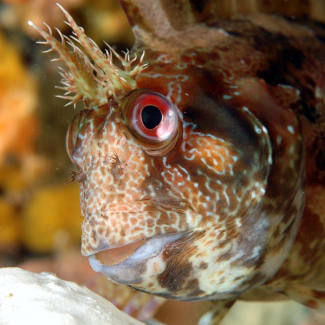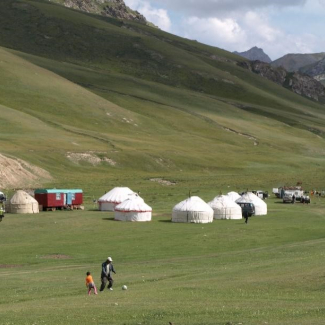
Heatwaves in Paris. Can we cope without air conditioning?
Heatwaves are set to increase both in frequency and intensity in coming years, posing a threat to human health and well-being. But could we find a way to adapt to them without resorting massively to air conditioning, whose high energy demands jeopardise our efforts to reduce greenhouse gas emissions? According to an interdisciplinary team from École des Ponts ParisTech, CNRS, Météo-France1 and CSTB, this will be difficult to achieve in the Paris region. Nevertheless, urban greening, better building insulation, reflective roofs and tips for moderate use of air conditioning could together make it possible to halve the energy consumed, as shown by the results published by this group in Environmental Research Letters on July 2nd, 2020.
© Vincent Viguié et al 2020

© Vincent Viguié et al 2020
- 1working at CIRED, Centre international de recherche sur l'environnement et le développement (CNRS/Cirad/École des Ponts ParisTech/AgroParisTech) and CNRM, National Centre for Meteorological Research (CNRS/Météo-France).
Early adaptation to heat waves and future reduction of air-conditioning energy use in Paris, Vincent Viguié, Aude Lemonsu, Stéphane Hallegatte Anne-Lise Beaulant, Colette Marchadier, Valery Masson, Grégoire Pigeon et Jean-Luc Salagnac. Environmental Research Letters, July 2nd, 2020. DOI: 10.1088/1748-9326/ab6a24

